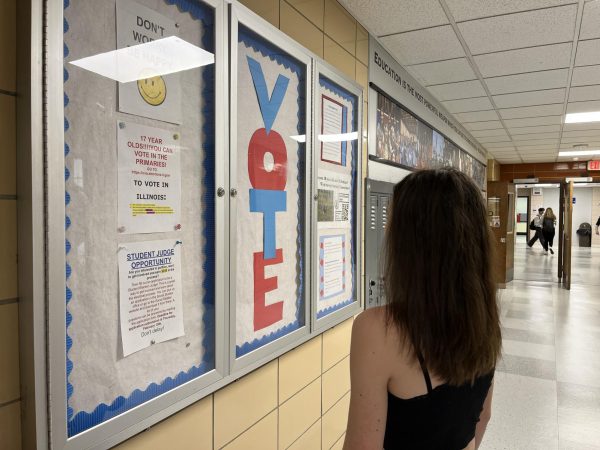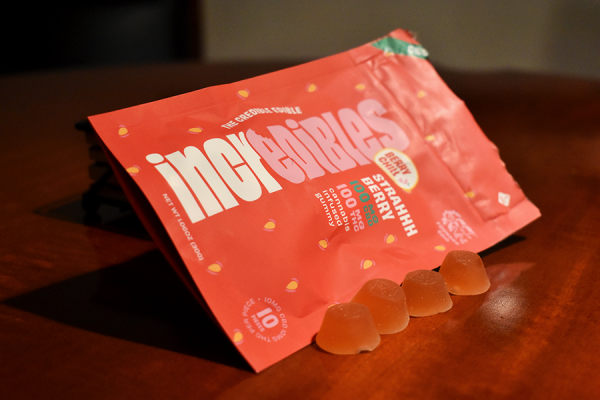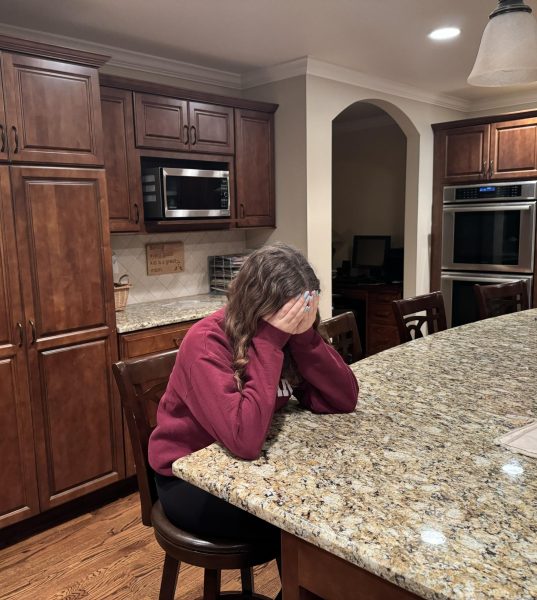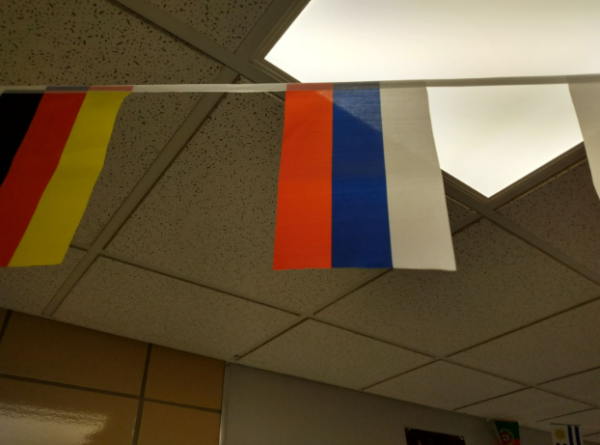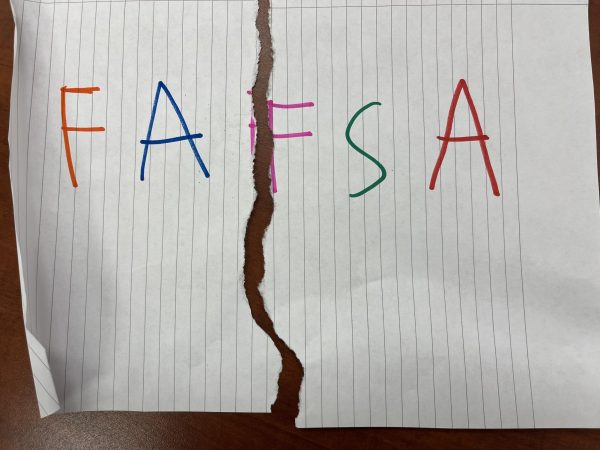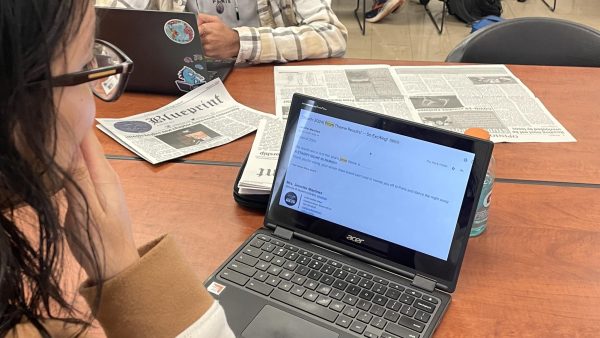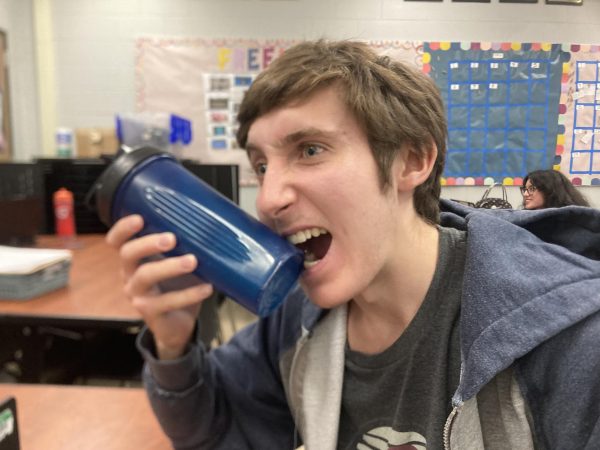Slacktivism: ‘hashtagging’ out of the conversation
More stories from Emmanuelle Copeland
Last month many of our peers had swept the nation in a unified effort to make schools safer and end gun violence, truly exercising their voices and realizing their influence in our democracy. But then spring break happened, alongside our state’s primary, and the political enthusiasm just faded away.
This is by no means a new problem. Many young people tend to lack political activeness. And I want to stress the “activeness” part of that.
As teenagers we definitely have a lot of opinions on politics with many getting into rants about social justice or current hot-button issues, for reference please check out any local finsta. Low commitment gestures like reblogging, retweeting, liking and following are easily taken. But when it comes to doing things that have permanent effects on the real world around us, that’s where many struggle.
This irony of having these strong opinions online and lacking the will to do real actions has been dubbed “slacktivism,” and it is causing a real problem.
Young people have the lowest turnout rates when it comes to voting, even though it’s their future that is being influenced.
Given this can’t all be blamed on laziness, as older generations tend to have more flexibility in work schedules to schedule around events and poling, as well as political capital.
Though the last primary definitely showed that we’re not always as active as we could potentially be, as the turnout of teenagers and young adults was higher. The petitioning and advocacy of youth too young or eligible to vote were commendable. And that makes a difference.
A while back to try and fix this on a personal scale, I made a resolution: I won’t voice any opinions that I’m not willing and ready to defend with facts and personal, true anecdotes and that I’m not actively defending through advocacy, lobbying, or writing. And as someone who talks a fair amount of smack, that made it a bit difficult, but it is a doable goal.
And so this past year, I have been doing much more volunteering, lobbying and writing because although I’m a minor and know I can’t vote for another year, I also know that there are a lot of other things you can do to make a change.
Last week I went with four other members of Citizens’ Climate Lobby, a bipartisan group trying to pass a carbon fee and dividend program, to talk to Bill Foster, the House representative of Illinois’s 11th congressional district which I am a citizen of.
One thing that he advised was since we are in the middle of an election if you can get politicians to make promises now, that does influence their decisions in office. Their words now become campaign promises that their voters tend to hold on to.
But one surprising thing that he said was that our meetings with more obstinate politicians probably would have gone differently if we had brought in more people our age.
Teenagers now are voters later, and politicians like to gauge the grounds and voter base they will need to campaign for later.
There’s also the added factor that there are many single-issue voters in younger generations that will sway the vote, so telling politicians what those issues are does inform their actions.
When I went to the March for Our Lives, I was glad to hear people all yelling that “this [the protests and march] is what democracy looks like,” because it is so true. Our democracy only works when the government works with the people. So all of us high schoolers still make up half of that equation.
Communication is important in this. Voting is the most direct way to make changes in the government without being in the government, and if you can do so, I urge you to.
But if you can’t, do anything else. You can still call your local representatives, write letters to congressmen, join a lobby, voice your concerns at board meetings or participate in protests.
There are undeniably many flaws in our government and the foundation of many of our laws, but the ability of youth to participate and make a change in it is not one of them. You live in a congressional district. You are a part of that respective representative’s constituency. That means your opinion matters, so act like it.


